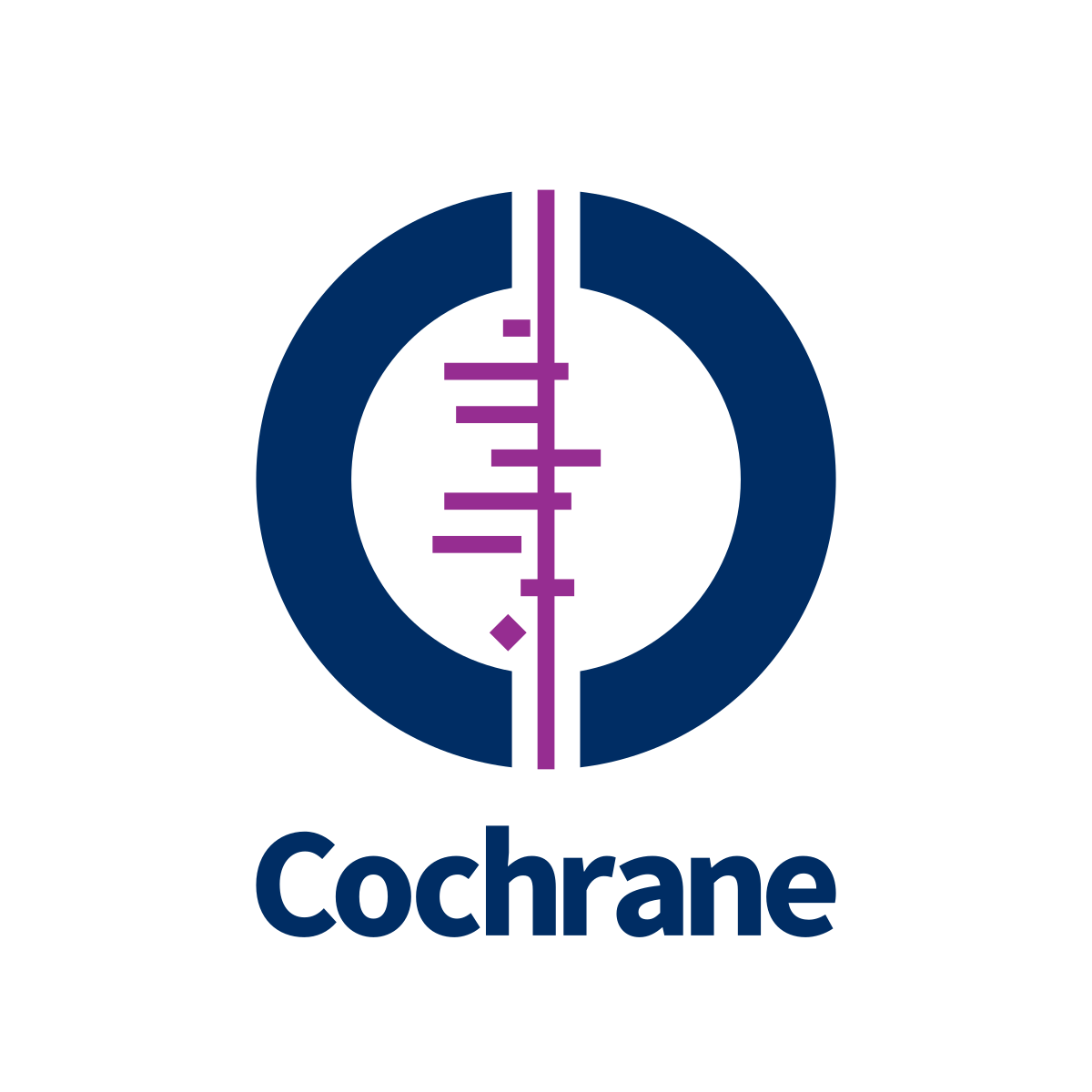New review determines 6-month checkups may not be necessary
The Cochrane Systematic Review pulled data from 2 European studies for its review of recall intervals among adults.

A recently published Cochrane Systematic Review found that adults may not need oral healthcare checkups every 6 months. The review determined that, while checkups are important in identifying dental issues before the problem escalates, these checkups may lead to unnecessary appointments for some patients.
The goal of the review was to determine the optimal recall interval of dental checkups in a primary care setting. The review included 2 studies with data from 1736 participants; one study was conducted in Norway and involved participants under 20 years of age who regularly attended dental appointments; the other study was conducted in the United Kingdom, and looked at adults who attended regularly scheduled appointments at a general dental practice, which was defined as having visited the dentist at least once in the past 2 years.
The Norway study compared 12-month with 24-month recall intervals and measured outcomes at 2 years. The UK study compared the effects of 6-month, 24-month, and risk-based recall intervals, and measured outcomes at 4 years. Cochrane looked at several main outcomes including caries, gingival bleeding, and oral health-related quality of life. Neither of the studies measured other potential adverse effects.
At the 2-year follow-up, the Cochrane review determined that it is unclear if there is an important distinction in caries experience when comparing the 12- and 24-month recalls. The mean difference (MD) in DMFs (decay, missing, and filled tooth surface) increment was 0.90 for the 58 participants who were 3- to 5-years old with primary teeth. For 16- to 20-year olds with permanent teeth, the MD in DMFs increment was 0.86 among the 127 participants.
The Cochrane review found high-certainty evidence from 1 trial of adults that there is little to no difference between risk-based and 6-month recall intervals with a 4-year follow-up. In this study, the number of tooth surfaces with any caries (ICDAS 1 to 6; MD 0.15, 95% CI −0.77 to 1.08; 1478 participants); proportion of sites with gingival bleeding (MD 0.78%, 95% CI −1.17% to 2.73%; 1472 participants); oral‐health‐related quality of life (MD in OHIP‐14 scores −0.35, 95% CI −1.02 to 0.32; 1551 participants). There is probably little to no difference in the prevalence of moderate extensive caries between the groups, the review found.
In the 24-month recall versus the 6-month recall with a 4-year follow-up, Cochrane found moderate-certainty, evidence that there is little difference between the 2 in 1 study of adults. And when comparing the risk-based recall with the 24-month recall with a 4-year follow-up, the review found moderate-certainty evidence from 1 trial of adults that there is probably little difference between these 2 intervals.
The review concludes that there is little to no difference between risk-based and 6-month recall intervals in the number of tooth surfaces with any caries, gingival bleeding, and oral health-related quality of life over a 4-year period. Recall strategies have little to no impact on the prevalence of moderate to extensive caries.
There is moderate- to high-certainty evidence that there is little to no difference in the number of tooth surfaces with any caries, gingival bleeding, and oral health-related quality of life over a 4-year period when comparing the 24-month interval with either the 6-month or risk-based intervals for adults.
The review did state that the available evidence on recall intervals for children and adolescents is uncertain.
Cochrane is an international non-profit organization that aims to organize medical research findings to facilitate evidence-based choices about health for medical professionals, patients, and policymakers. For more information, visit cochrane.org.
To read the review in full, click here.